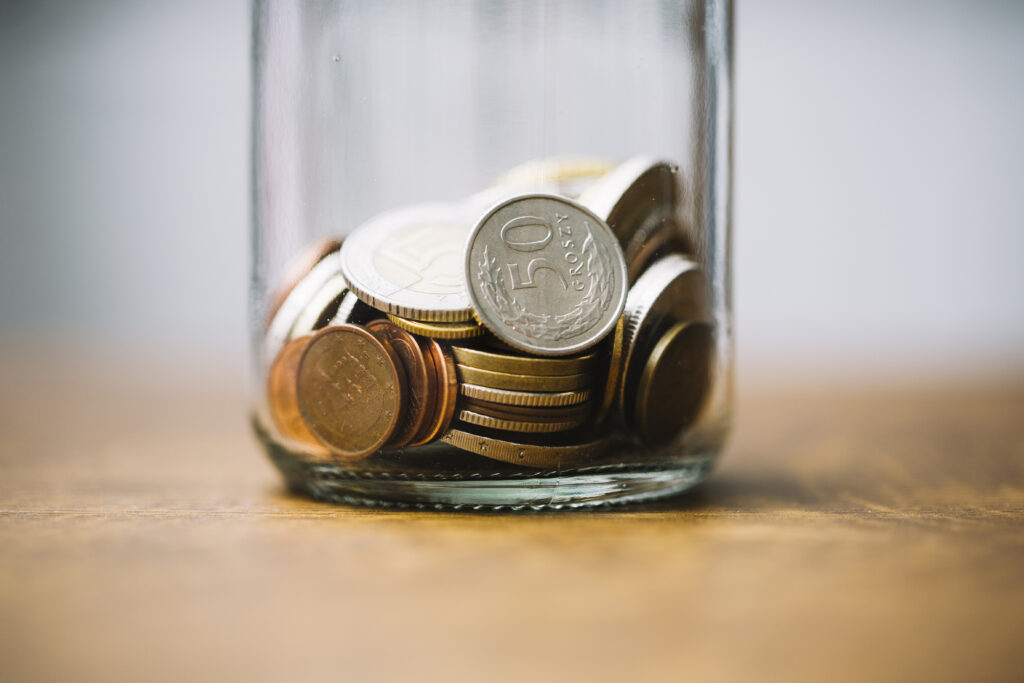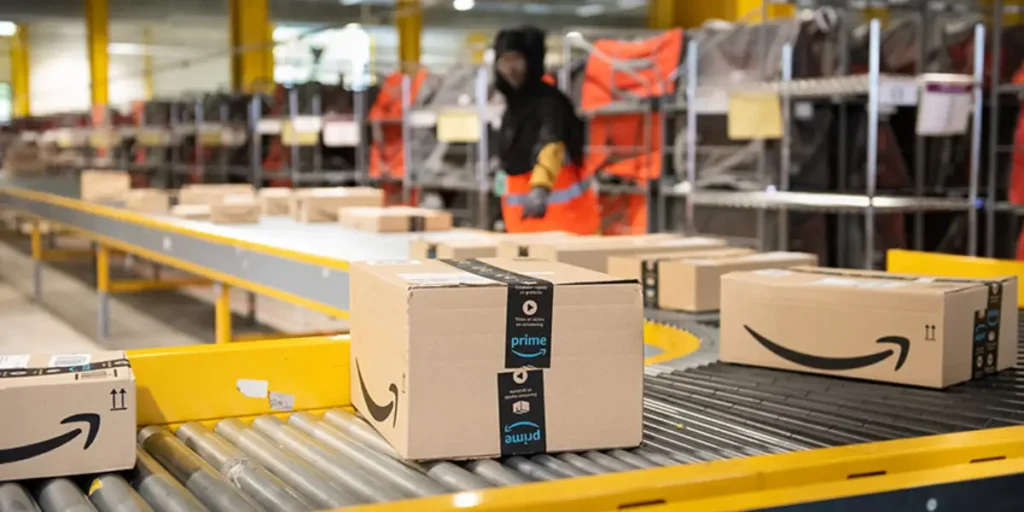Over the past year, Darren Campbell has completely revamped the FBA Brand Builder (FBABB) programme—not once, not twice, but three times. First, he pushed clients towards high-ticket products priced at $100+, then abruptly scrapped that model in favour of lower-priced items. Now, the FBABB strategy feels less like a well-thought-out plan and more like a desperate attempt to keep new signups rolling in.
So, what’s behind this sudden shift? And more importantly, is it actually designed to help FBABB clients succeed—or just another tactic to sell an expensive dream that, for most, remains out of reach?
Let’s take a closer look.
FBABB’s Constantly Changing Product Strategy
In a post from 10 December 2023, Darren officially scrapped anything priced below $100 from the programme, telling clients:
"As you all know, we now no longer launch products that are less than 100 dollars. We stopped validating anything less than 100 dollars back in September of 2023. We immediately moved away because we realised Amazon started to heavily push brands to go towards PPC."
At that point, Darren framed high-ticket products as the only viable strategy, justifying the shift by claiming:
"Capital now will be dramatically much less needed to launch a 100-300+ product. And your brand will be growing the correct way."
His reasoning? Higher-priced products meant better profit margins, more room to absorb PPC costs, and a stronger foundation for scaling a brand.
But there was one huge problem—most FBABB clients simply couldn’t afford it.
June 2024: The "FBA Brand Builder 2.0" Relaunch
By mid-2024, FBABB was in full damage control mode. Darren rolled out yet another version of the programme, announcing in a post on 10 June 2024:
"We have all been working incredibly hard over these last few weeks and months behind the scenes on building out our entire new infrastructure and our FBA brand building program as a whole."
FBABB was now in “maintenance mode,” which effectively meant existing clients were left in limbo while Darren and his team scrambled to rewrite the course material.
His wording in the announcement made it painfully clear that the original strategy hadn’t worked as planned:
"What maybe worked 12 months ago, might not work today, and what works today quite possibly might not work 12 months from now… so we are always continuing to learn, adapt and grow."
That’s a long-winded way of saying: “We got it wrong.”
Instead of addressing the real issue—the excessive costs and unrealistic expectations—FBABB doubled down. Darren and his team promised more support calls and better guidance, but the high-ticket model remained firmly in place.
January 2025: The “New” Pricing Tiers
Fast forward to this past week, and Darren has once again completely flipped the strategy.
A newly uploaded video to the programme to the FBABB programme reveals three new product pricing tiers:
- $100+ Products (previously the only model)
- $80–$100 Products
- $60–$80 Products
That’s right—after spending all of 2024 insisting that lower-ticket products weren’t viable, Darren is now telling clients they can launch at any price point.
So, what’s changed? It’s certainly not Amazon’s business model. The real shift is happening within FBABB—specifically, with the growing number of dissatisfied clients pushing back against hidden costs.
So Why Is Darren Really Lowering the Barrier to Entry?
The likely reason? Clients are realising—far too late—that launching a $100+ product is simply out of their financial reach.
Here’s the reality:
- The £6,500 FBABB fee is just the beginning.
- Clients soon discover they need tens of thousands more for inventory, advertising, branding, and restocking.
- The high-ticket model is forcing too many people to drop out before they even launch.
- And if clients drop out? FBABB loses future revenue from upsells, services, and additional training.
This shift to lower-priced products isn’t about making the business model more sustainable—it’s about making the programme easier to sell.

But Are Cheaper Products Even Profitable?
Spoiler: Not really.
Darren’s original argument against sub-$100 products was actually correct—just not when it got in the way of his sales pitch.
Lower-cost products come with serious challenges:
- Lower margins → Amazon fees and advertising costs eat into profits much faster.
- Higher PPC dependency → Cheaper products require a much bigger ad budget to generate decent revenue.
- More sales needed to break even → A $70 product needs to sell twice as much as a $140 product to generate the same revenue.
An Amazon FBA specialist we consulted ran the numbers on Darren’s new $60–$80 pricing model. Their verdict? After Amazon fees, PPC, and returns, most products would barely break even—if they even sold at all.

This Isn't a Strategy—It’s a Survival Tactic
If Darren truly believed lower-ticket products were a viable strategy, why did he:
- Ban them in 2023?
- Double down on that decision in 2024?
- Suddenly reverse course in 2025?
The answer is simple: he’s prioritising his own business growth over his clients’ success.
By expanding the product criteria, he widens the pool of potential signups—making it easier to sell the dream to those who can’t afford to launch a $100+ product.
This isn’t about helping FBABB members succeed. It’s about helping FBABB survive.

FBABB Clients Need to Wake Up to the Pattern
If you’re an FBABB client, ask yourself:
- If Darren was so confident in his strategy, why has it changed three times in 12 months?
- If lower-ticket products are now viable, why were they banned in 2023?
- If high-ticket products were supposedly the best approach, why did FBABB suddenly introduce lower tiers?
The truth is simple: FBABB’s strategy isn’t based on what works for Amazon sellers—it’s based on what works for Darren Campbell’s sales numbers.
If he truly believed in his own programme, he wouldn’t need to rewrite the rules every six months.
If you’re still in FBABB, pay attention—because by this time next year, the strategy will probably change again.

